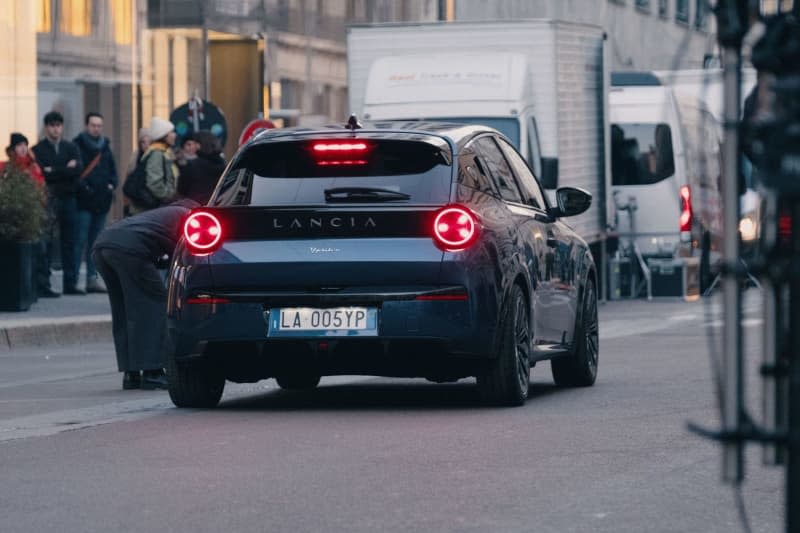Italian car brand Lancia returns with a new Ypsilon hatchback

Famed Italian car brand Lancia is making a comeback with its striking new Ypsilon – an electric hatchback boasting a 400-kilometre range.
Lancia is best known for rallying, with its highly-regarded Lancia Integrale still ranked as one of the best hot hatches ever made.
However, no Lancia-badged models have been sold in most markets, and though the firm has continued to sell since, it’s primarily been in its native Italian market with the Fiat 500-based Ypsilon being on sale since 2011, though was still the third best-selling car in Italy last year.
However, Lancia is now making a dramatic comeback with its new Ypsilon, revealed today. Boasting an especially striking design, incorporating a dramatic front lighting signature and cool "Y-designed" alloy wheels, it will launch in a special "Limited Edition Cassina form", limited to 1906 examples to mark the year Lancia was founded.
Lancia forms part of Stellantis, with the new Ypsilon’s underpinnings being shared with cars like the Peugeot 208 and Vauxhall Corsa. It’s been unveiled in electric form, boasting a 51 kWh battery allowing for a claimed range of 403 km and a 24-minute charging time to get the battery from 20 to 80%. Petrol models will also follow.
The firm has teamed up with Italian furniture maker Cassina for this special edition, which includes cool details such as velvet seats trimmed in a pattern like cannelloni pasta (yes, really) and a small tray embedded in the dashboard. The Ypsilon also uses the newest generation of Stellantis’ infotainment system.
Lancia says it will sell the Ypsilon first in countries with ‘love and passion’ for Italian products, as well as those where smaller B-segment cars remain popular. Following an Italian launch, it will be introduced to Belgium, the Netherlands, Spain and France. Further countries have yet to be confirmed.

